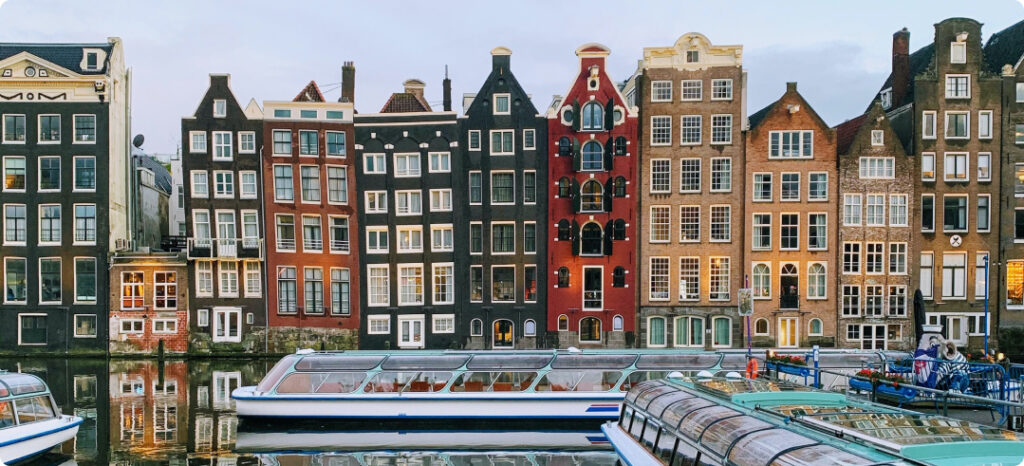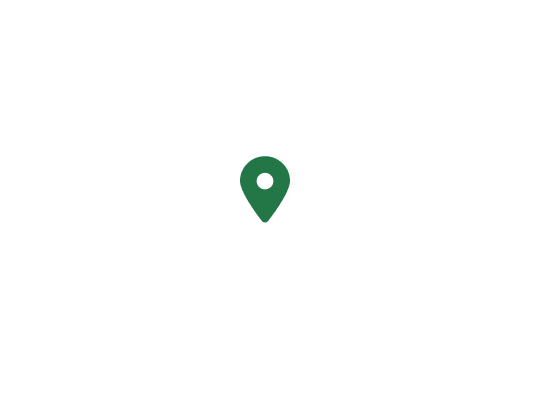Amsterdam
Netherlands


About the city
In 2022, Amsterdam hosted ca. 890.000 citizens in about 450.000 households.
0
Mln. kg
organic waste is generated by restaurants, food retail, and food manufacturing in the city
0
Mln. kg
of total biowaste generated by the city
0
%
of biowaste is collected and processed separately
Challenges
(biowaste collection)
- Amsterdam aims at increasing separate kitchen and garden waste collection from the current 1.3% (CBS, 2023) to 73% by 2030.
- One of the main challenges is to raise awareness and to change household behavior, in addition to that, the creation of new spaces for the collection and recycling of biowaste.
- Another challenge is to stimulate the separation of kitchen and garden waste.
Challenges
(soil improvers)
- The improvement of end-products quality for use in circular food systems, adapting the regulatory framework to allow the use of biowaste as soil improvers
- Raising user acceptance of soil improvers from biowaste
- Overcoming financial and economic challenges of circular biowaste initiatives
Potential
solutions
- Thanks to Bin2Bean, Amsterdam will develop and test soil improvers from biowaste grinders installed in high-rise buildings.
- Amsterdam aims at multiplying circular biowaste initiatives at the local level, including worm hotels, aerobic composting, anaerobic composting, and mulching (“micro-level”), as well as increasing the flow of industrial compost in large-scale facilities (“macro-level”).
